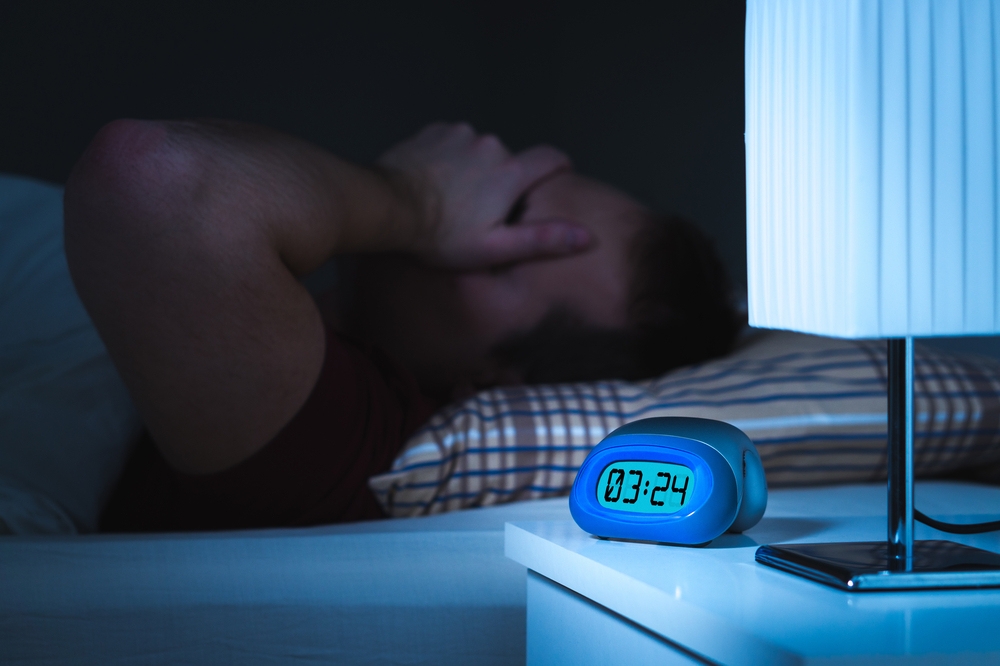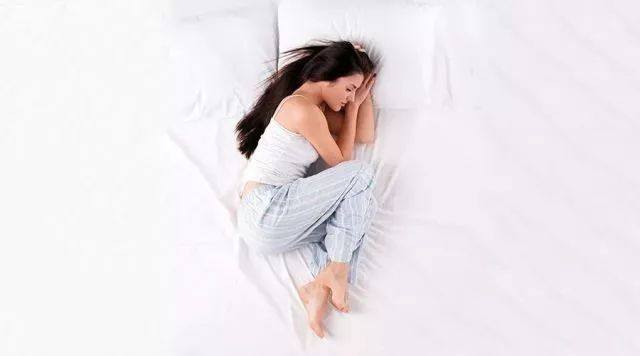
In recent years, sudden death often occurs when people stay up late. There is a saying that the money earned by young people staying up late cannot make up for their injuries.
Yes, staying up late is also a carcinogenic factor.
This makes friends who are used to staying up late and staying up late fall into deep panic. So, what time does it take to sleep and stay up late? !
But the question is really not as simple as [when to sleep].
Staying up late disturbs the biological clock and increases the risk of cancer.
Large-scale population studies have proved that biological clock disorders increase the risk of cancer. For example, a Canadian study shows that:
Women who have worked night shifts for more than 30 years are tripled at risk of breast cancer.
As early as 2007, the World Health Organization (WHO) defined [staying up late] as a Class 2A carcinogenic factor, which belongs to the same category as high-temperature fried foods.
So, how late does it count as staying up late?
Does it count as staying up late to sleep at 4 a.m. and start at 12 noon?

Strictly speaking, it doesn’t count.
At present, there are two recognized influencing factors that regulate sleep, one is biological clock and the other is sleep self-balance.
What does what mean? That is to say:
One of the key points of sleep is [to be regular], and the other is [to sleep enough].
If the biological clock is irregular, it will lead to endocrine disorders. The longer you wake up, the more tired you feel and the more you need to sleep. The aforementioned hazards of staying up late include irregular sleep, insufficient sleep and staying up all night.
However, if you always sleep at 4: 00 a.m. and start at 12: 00 noon, you will find: ah, the two factors mentioned above seem to be satisfied.
Yes, if you have become accustomed to the life of staying up at night and staying up after 12 o’clock, it is not staying up late, it is [staying up late], or it is [sleeping delayed].
If the length of sleep and the quality of sleep are not equal, it is really no problem to sleep late. As long as you can find a company that doesn’t mind the clock-in time.
Does it count as staying up late to sleep less than an hour or two a day?

Yes, even if you go to bed early every day.
Long-term chronic sleep deprivation is more serious than acute staying up all night.
Some studies have shown that reducing sleep for 2 hours a day for two consecutive weeks and not sleeping for 48 consecutive hours will reduce the cognitive function of the brain, with the same impact, but the recovery time required for chronic sleep deprivation is more than that for all night.
Therefore, although not everyone must sleep eight hours a day to be enough, if they do not sleep enough for a long time, it seems to save time. In fact, the loss outweights the gain.
Here we can summarize:
When to sleep is to stay up late, it may depend on when you need to wake up first, then push back according to the time you need to sleep enough, and keep this rule.
I stayed up late, can I make up for it?

If you stay up late occasionally, yes, it is definitely better to make up for sleep than not to make up at all.
Some studies have shown that after a night’s sleep, it takes an average of about a week for the learning and memory level to return to the state before staying up late.
If you often stay up late, it is really difficult to make up for it.
But… what about some jobs that require night shift?
Do you find that if you only work at night and at night all the time, the problem is not big.
The real problem is to constantly switch shifts between daytime work and nighttime work.
The International Agency for Cancer Research has also made it clear that shift work disturbs the biological clock and has carcinogenic risks.
It may not be realistic to persuade everyone to resign and change jobs. If you have to work shifts, all you can do is:
1. Minimize the number of shift changes.
2. Try to reverse it clockwise.
First, the day shift (e.g. 9: 00 a.m. to 5: 00 p.m.), then the small night shift (4: 00 p.m. to 1: 00 a.m.), then the night shift (11: 00 p.m. to 7: 00 a.m.), and finally returned to the day shift.
3. Pay attention to adjusting the light.
The environmental factor that has the greatest impact on the biological clock is light, and there is little difference between natural light and artificial light.
Therefore, make sure there is enough light when working night shift. When it comes to daytime, you can consider using black sunglasses to simulate the environment where the light and dark cycles are reversed.
